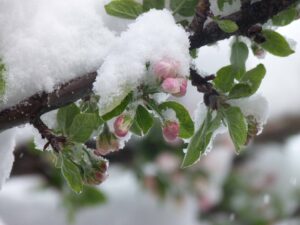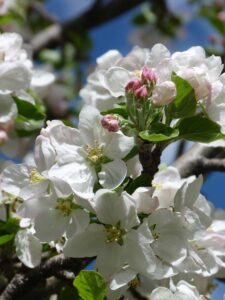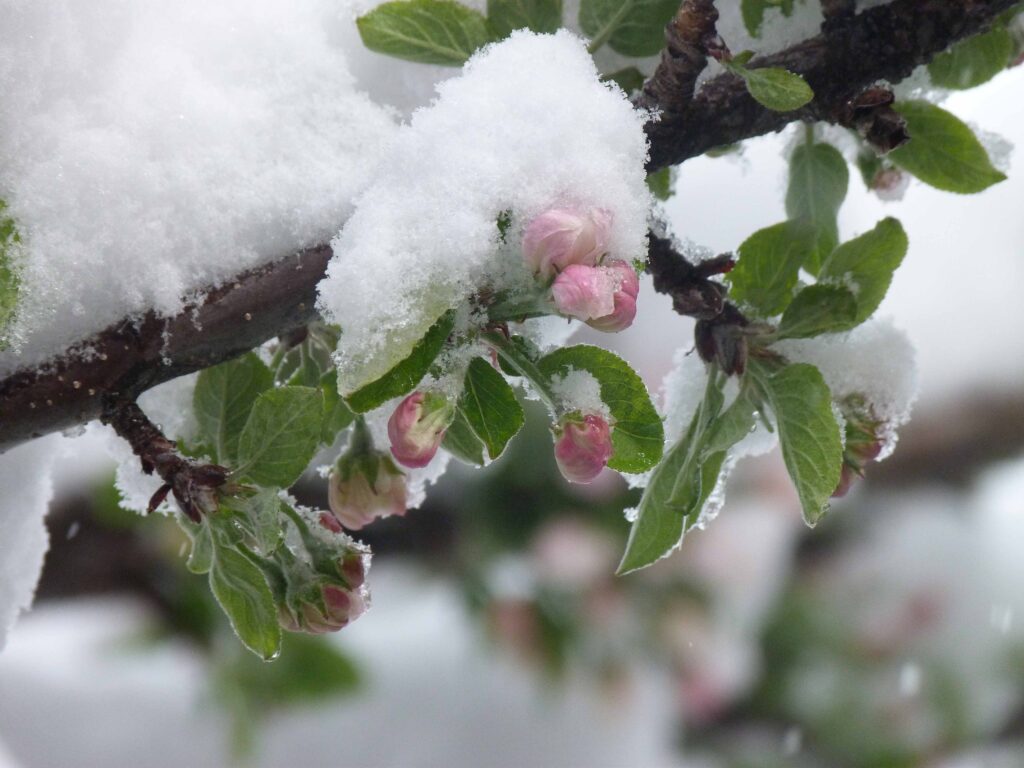#42 LOVE: SOME CRUMBS FROM A LONG STORY
 What I write in this space amounts to the kinds of things that preoccupy me, and lately I’ve been preoccupied by love—romantic love.
What I write in this space amounts to the kinds of things that preoccupy me, and lately I’ve been preoccupied by love—romantic love.
It’s not because the new Taylor Swift album just came out (though it does play its part in this), predominantly a slow burn weighted heavily on the agonies rather than the ecstasies. No, it happened to me, and–let’s just say–it’s been a while.
I will not provide here any blow by blow or specifics, but I guess I can’t resist the seduction to think about it, to try and make some sense of one of the great, flummoxing, and largely inscrutable topics of modern philosophy: what does it mean to fall in love? While this certainly isn’t new territory for me, I don’t think I’ve ever brought so much “objectivity” to watching the densely emotive fluctuations of my mind as I passed through each day in this state. Discursive thought tends to be wearying at the best of times; here it gets its green card to cross the border and set up shop, working 80 hour weeks, desperately trying to make it in the new country of love.
But what I did do, as I took the ride, was write bits of poetic description as I went along, to feel my way through, and then I strung them together into one poem, which you’ll find below.
It struck me, as little as a few days after I wrote some of this, how utterly, ebulliently romantic I’d become. Something happened—and that’s definitely the magic here—that pulled me from whatever mundanity I usually slog along in and pushed me to feel and say something that doesn’t normally alight on my tongue.
Is it true? I guess I have to ask.
But I’m not entirely sure that’s the right question. Doesn’t love kind of make its own rules, and if love says it’s love, it feels true regardless of other considerations.
You experience it with this particular person, but not with others. That’s what makes it romantic, at least in part. It narrows down to something transmitted in a smile. It’s how the light looks as you sit and talk. It’s how your heart starts to wake up, take notice, and get engaged. You’re no longer going through the motions. All the gestures—on either side—matter.
We should pause here and consider that romantic love, as we understand it, can be traced back to 12th century France as the invention of the Provencal mystical poets called “the troubadours.” As much as it might be the central animating force of Taylor Swift’s life and why she gets up the morning, it’s hard to nail it down as the thing we know it to be nowadays before this point. The Provencal poet would find a beautiful lady, praise and serenade her wonderful qualities, and aspire to a perfectly pure (i.e., non-erotic) communion of love with her, though this highest of feelings, of refined meeting of soul with soul, was termed joi (“joy”) in French, and got at least some erotic language by way of description.
Octavio Paz (Mexican, 1914-1998), in his excellent study, The Double Flame: Love and Eroticism, makes the point that the mystical gets drawn down (away from God) close enough to Earth to be located in the human—and in the very human circumstance of loving someone. You can find this kind of thing in the Andalusian Sufi mystic Ibn Arabi (also 12th century), who contemplates an enchanting 14 year old girl, Nezam Ayn al-Shams, as the manifestation of God. Another obvious example comes from Dante (same era) who sees his beloved Beatrice as the way to heaven, and chronicles his spiritual assent, from Hell to Purgatory to Heaven, finally reaching her at the end of The Divine Comedy.
Somewhere along the way, the transcendent ascension of feeling got further Earthbound, and we came to think that the love between two people constituted a true solution to our existential conundrum.

As Paz puts it: “Love is desire for completeness and therefore answers a profound human need.”
So, I’ve got to ask, in the course of one’s perfect contemplation of the object of desire and the uplift into transcendent purity, does it ever occur to you that you might be bullshitting yourself, and none of this exists outside the concoction in your skull? That’s cynical prajňa (Sanskrit: “superior knowledge”) gained through umpteen hours on a meditation cushion.
What, after all, is this thing we’re so intent on pursuing, that sets us afire as if nothing else is worth our attention? I think it couldn’t come about if you weren’t so moved by your own feelings, and yet…someone has to come and stand on the other side of the daily gulf to provoke them—someone special, at least to you.
So that’s always the funny realm we’re in, whether we’re seeing something as it truly is or whether we’re merely lost in epic wish-fulfillment. In Provencal troubadour terms, an interesting twist in human relations took place by placing the woman above the man, reversing thousands of years of fixed hierarchy. Oh, so she’s got all the power. Hmm. Where does that leave me? Aspiring, sensibly or hopelessly, across that gulf.
Tantric Buddhism, which does have its own version of this very thing, believe it or not (stri-puja), has some interesting things to say about the divine feminine, called dakini (“sky-goer”). The dakini gets noted as the trickster, the one who draws you into illusion. At the same time, to understand authentic wisdom, it has its special iconography: it shows an unclothed, dancing young woman, often with bared fangs and skull cup of liquor, understood here to be the naked truth.
Well, I don’t think I penetrated the illusions of this one, but I’ll say this in defense of my springtime moment of romantic love. I’m grateful to have had those feelings that moved me beyond myself, that felt like I was meeting someone else in a molten space freed of all the agonistic struggle and case history. I’ll always honor her for that. You never know what such indelible feelings might motivate you to do.
LOVE: SOME CRUMBS FROM A LONG STORY
Dakini
What tames the dakini’s mirage
& disperses her layered, rainbow mists,
leaving her naked at last?
*
I’m falling in love.
It’s a miserable business,
really—
a forced march
through hope & fear
all the long day
& across restless night
obsessively pursuing a single idea:
that again I could be
dragged off my feet
& lifted up into the
circle of light
that is your smile.
*
How can I sit here on the sofa
content if you shadow
the edge of every thought?
How can I pass the day
knowing the delight of you
abides elsewhere?
How can I come to the end
of all these agitated questions
unless the wine of you
reaches my lips?
*
It’s hard when you know
you love someone through
every nerve-ending,
& then
can they respond in kind?
In the shuffling, flashing deck of births,
I’m a true love of yours.
Is the rain lonely or comforting?
It’s far too late to decide.
*
Apple blossoms whiten
the porch—snow shovel
still leans against the rail.
*
Here, now
amorously
wrapped around
absence.
*
Like following a flitting light
late at night
deep into the woods
to find yourself standing
alone in aching dark.
Or the woman
who draws you up
to her room to
undrape, held rapt
in her gaze–
as you awaken from your sleep
to the diurnal light.
*
I thought:
Finally I’m getting some carrot.
But in the end,
it’s still mostly stick.
*
Admittedly,
a tempest in my teapot dome.
Does it matter—
that effulgence that moves its hips
out past my fingertips?
If I grasp it,
what will I have grasped?
*
“I love you, it’s ruining my life.”
–Taylor Swift,
“A Fortnight”
You can eat my heart,
but is that the best way to taste it?
All these questions
have their answers
that sift into dust
& fade from the air—
I will scrape my guts
up off the sidewalk
& keep going,
love a flicker,
a remnant disappearing
from my eye.
–Boulder,
4-12/5-3-24

[If you’re interested in more of my Late Winter-Early Spring photos, you can find them on my Facebook page.]


It’s always the first time, isn’t it?
I was just thinking of life as the Beloved today, a la Rumi. Which is to say not employing the left brain, the critical analytical but the poet-brain, the all accepting, living right now stance. I was thinking how we are usually dominated by the left brain, which is analytical in nature, and surely is there to protect us from what we might fear. So being in love or falling in love I think is losing this protective stance and “falling” into the world with this positive, unfearful experience. I think it is quite the enlightened state, if you can do it without the object, i.e. just experience life without the fabrication of a self to protect, without the fabrication of someone or something to attain. Something Sufis might do easier than Tantric Buddhists?
However, there are those all wise and passionate dakinis I seem to have forgotten here. They certainly embody this ecstasy, this uncontained thorough connection to everything. What a superlative experience, to see ones mad projections and then too, the truth of being alive also offering this most pure and rapturous place. Thanks for sharing, reminding me its always here…
Well, a lot of the issue seems to be that one has an object for all that feeling. In most of Buddhism, maybe you’d say there’s no object, like you’re not trying to get to God or something. But then, in the mahayana, the object becomes “all sentient beings.” In the vajrayana it’s the guru, but then that could be a deity. The thing about the guru is that it’s more compelling to have a human relationship. That’s what makes it all go a lot faster. That way your feelings do get engaged. Maybe what it all amounts to is that we want to be all in with our experience, but something’s got to prod us to leave our (so we believe) “protected” territory.